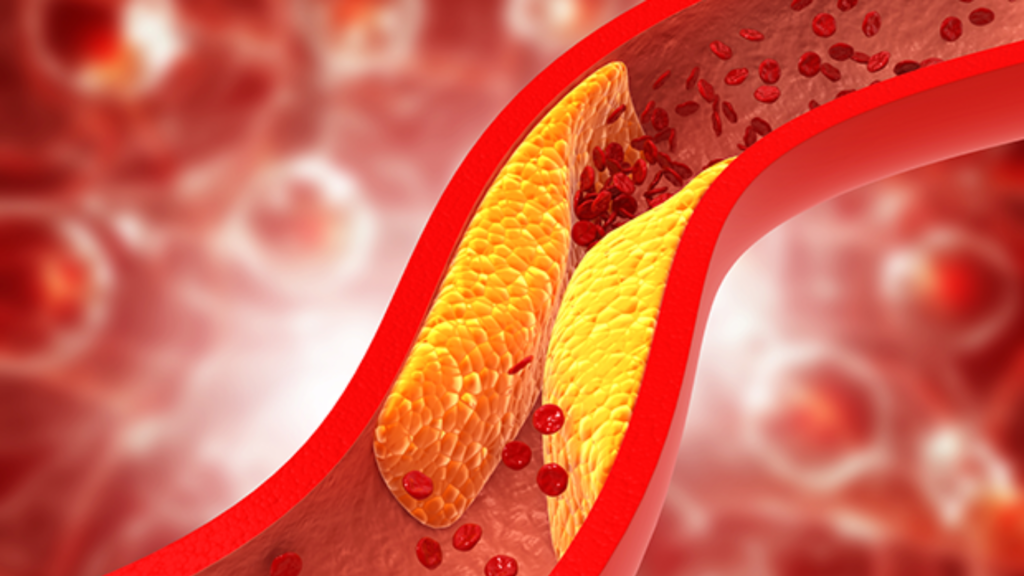Cholesterol is a lipoprotein or fat required for the body to function optimally. Then why a cholesterol management program? The body has 2 types of cholesterol, good cholesterol (high-density lipoprotein) and bad cholesterol (low-density lipoprotein). The balance of both cholesterol are essential but a high level of bad cholesterol can be a silent killer as it has no sign or symptoms.
High cholesterol level increases the risk of heart problems. The risk can be significantly decreased with small changes in food habits and lifestyle. With the decrease in cholesterol levels, there can be a significant improvement in heart health.

Why Cholesterol Management is important?
Heart-related diseases are some of the common life-threatening diseases. Heart stroke and heart attacks are some of the common causes of death which can be prevented by managing the cholesterol level. To protect the heart is protecting life and high cholesterol being the silent killer needs to be managed without any delay.
Our cholesterol management program can make your heart feel light and reduce your visit to hospitals. Benefits of cholesterol management program include –
- Brief counseling on lifestyle changes
- Constant monitoring of the cholesterol level
- Diet modification with continuous support and guidance from a dietician
- A natural approach to decreasing high cholesterol under the guidance of Ayurvedic doctors
When to consult a healthcare professional for cholesterol management?
The cholesterol level is measured through a routine blood test. Cholesterol level is comprised of 3 categories –
- Low-density cholesterol (LDL)/ bad cholesterol
- High-density cholesterol (HDL)/ good cholesterol
- Total cholesterol
Good cholesterol above the level of 60 mg/dl helps reduce bad cholesterol. Normal levels of total cholesterol in adults should be below 200 mg/dl. If your blood report indicates a higher level of total cholesterol, it is time to consult your healthcare professional to protect your heart.